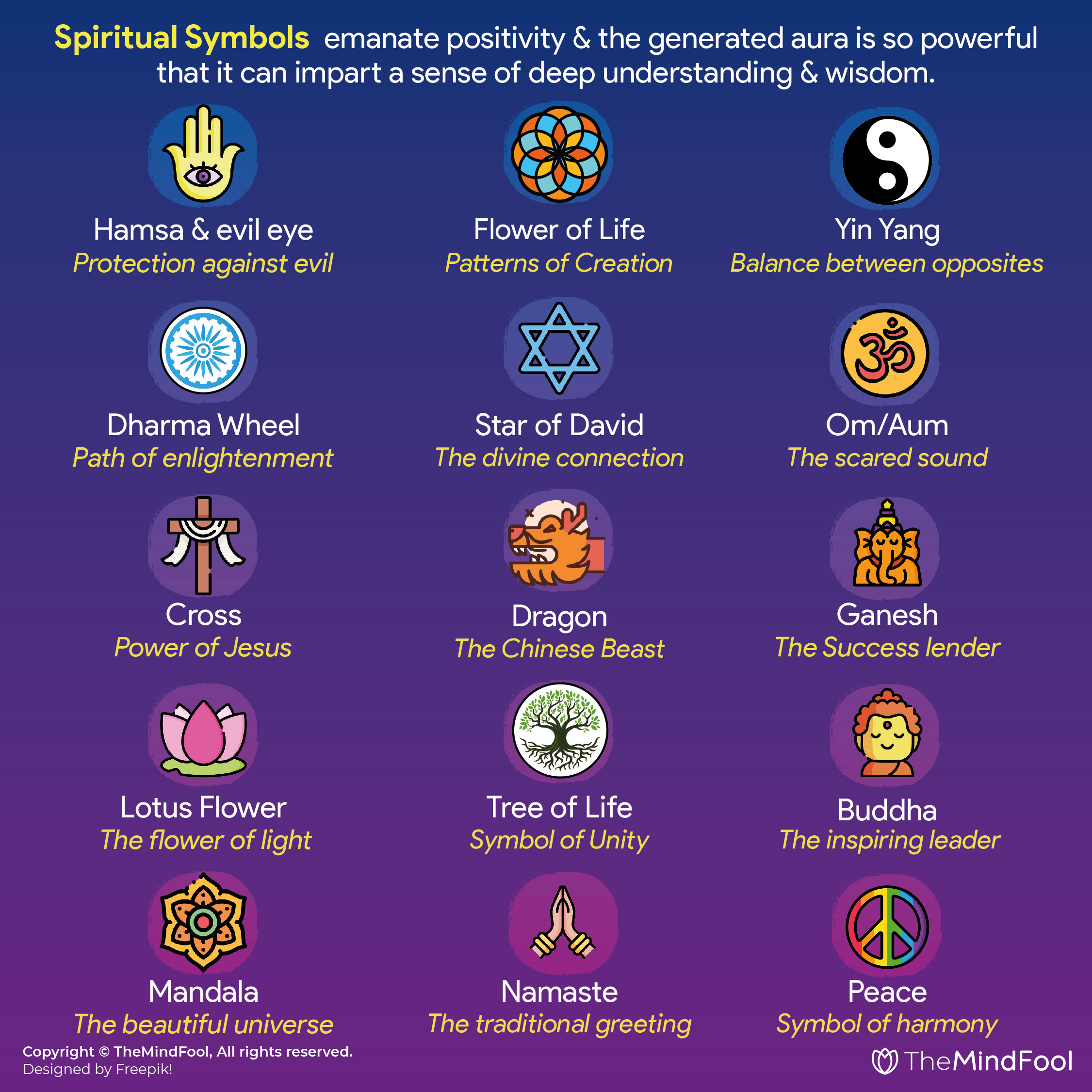Water is a powerful element that holds deep symbolic meanings in various spiritual, cultural, and religious practices around the world. Its fluidity and transformative nature make it a symbol of life, purification, and renewal.
In many traditions, water is associated with cleansing and healing. It is believed to have the power to wash away impurities, both physical and spiritual, and restore balance and harmony. Water is often used in purification rituals, such as baptism or ablution, to symbolize the removal of sin or negative energy.
Water is also associated with fertility and abundance. In many ancient cultures, rivers, springs, and lakes were revered as sacred sources of life-giving water. The flow of water was seen as a blessing from the divine, providing sustenance and nourishment to both the land and its inhabitants.
Furthermore, water is seen as a symbol of transformation and change. Just as water can change its form from liquid to vapor or ice, it represents the cycles and transitions of life. Water teaches us to embrace change and adaptability, to go with the flow instead of resisting it.
Whether it is used for spiritual rituals, cultural celebrations, or religious ceremonies, the symbolism of water reminds us of its fundamental importance in our lives and its profound connection to our souls.
The Symbolic Significance of Water in Spirituality
Water is a powerful symbol in spirituality, representing purification, renewal, and transformation. It is often associated with the emotions, intuition, and the subconscious mind. In many spiritual traditions, water is considered a sacred element and is used in rituals and ceremonies to cleanse and purify the body, mind, and spirit.
1. Purification: Water is commonly used for purification purposes in spiritual practices. It is believed to wash away negative energy, cleanse the soul, and bring about a sense of renewal and spiritual rebirth. This can be seen in various rituals, such as baptism, where water is used to symbolize the washing away of sins and the start of a new life.
2. Renewal: Water is also associated with renewal and rejuvenation. Just as water is essential for sustaining life, it is seen as a source of spiritual nourishment and renewal. Taking a dip in a natural body of water, such as a river or ocean, is often seen as a way to cleanse and revitalize the body and spirit.
3. Transformation: Water is a symbol of transformation and change. It can take on different forms, such as liquid, ice, or vapor, and can adapt to its surroundings. In spirituality, water is often seen as a metaphor for the transformative power of the divine or the inner journey of the soul.
- Water is frequently used in rituals and ceremonies, such as the pouring of water during a wedding ceremony or the sprinkling of holy water in religious services.
- Water has the ability to flow and adapt, symbolizing the need to be flexible and adaptable in one’s spiritual journey.
- In some spiritual traditions, water is believed to have healing properties and is used in various forms of water therapy and hydrotherapy.
- Water is often used as a metaphor for emotions and feelings, with calm water representing peace and serenity, while rough or turbulent water symbolizes inner turmoil or emotional challenges.
In conclusion, water holds great symbolic significance in spirituality. It represents purification, renewal, and transformation, and is used in various rituals and ceremonies to cleanse and rejuvenate the body, mind, and spirit. Water serves as a powerful metaphor for the inner journey of the soul and the transformative power of the divine.
Water Symbolism in Cultural Context
In various cultures around the world, water holds rich symbolism and is regarded as a sacred element with deep spiritual meaning. The symbolism associated with water differs among different cultures and can vary greatly. Let’s explore some of the different cultural interpretations of water symbolism:
1. Ancient Egyptian
In ancient Egyptian culture, water symbolized both life and death. The Nile River, which sustained their civilization, represented life and fertility. The ancient Egyptians believed that the journey of the soul after death involved crossing a celestial Nile to reach the afterlife.
2. Native American
For many Native American tribes, water is a crucial symbol with both practical and spiritual significance. It is seen as a cleansing and purifying force and is often used in rituals and ceremonies. Native Americans also associate water with emotions, intuition, and connection to the spiritual realm.
3. Hinduism
In Hinduism, water holds significant religious and spiritual symbolism. It is considered a purifying element and is used in various rituals and ceremonies. The river Ganges, in particular, is regarded as a sacred body of water that cleanses sins and offers spiritual salvation.
4. Chinese
In Chinese culture, water symbolizes wisdom, flexibility, and adaptability. It is associated with the Taoist principle of Yin and Yang and the idea of finding balance and harmony. Water is also seen as a symbol of wealth and prosperity, flowing like a river that brings abundance.
5. Celtic
In Celtic mythology, water is believed to be the gateway to the Otherworld, the realm of spirits and magical beings. It represents the spiritual and emotional depths of the human soul. The Celts also regarded wells and springs as sacred places where one could access divine wisdom and healing.
6. Japanese
In Japanese culture, water holds symbolism related to purity, purification, and renewal. It is associated with the Shinto belief in the presence of kami (spirits or deities) in natural elements. Traditional purification rituals in Japan often involve water, such as the ritual cleansing of hands and mouth before entering a shrine.
In conclusion, water symbolism in various cultural contexts is diverse and deeply rooted in spiritual beliefs and practices. From representing life and death to symbolizing purification and renewal, water holds different meanings and interpretations across cultures. Understanding these cultural perspectives allows us to appreciate the universal significance of water as a sacred and vital element in our lives.



